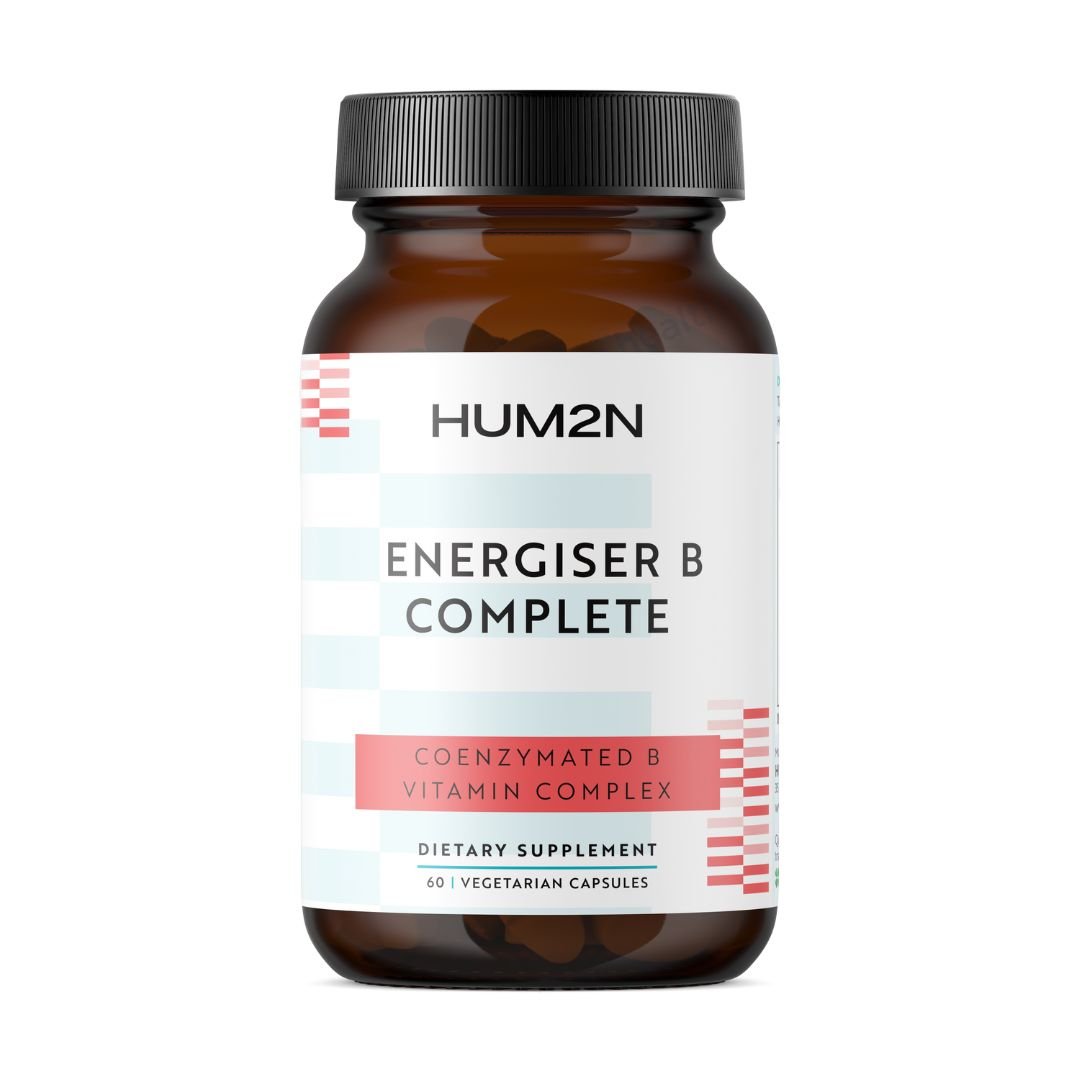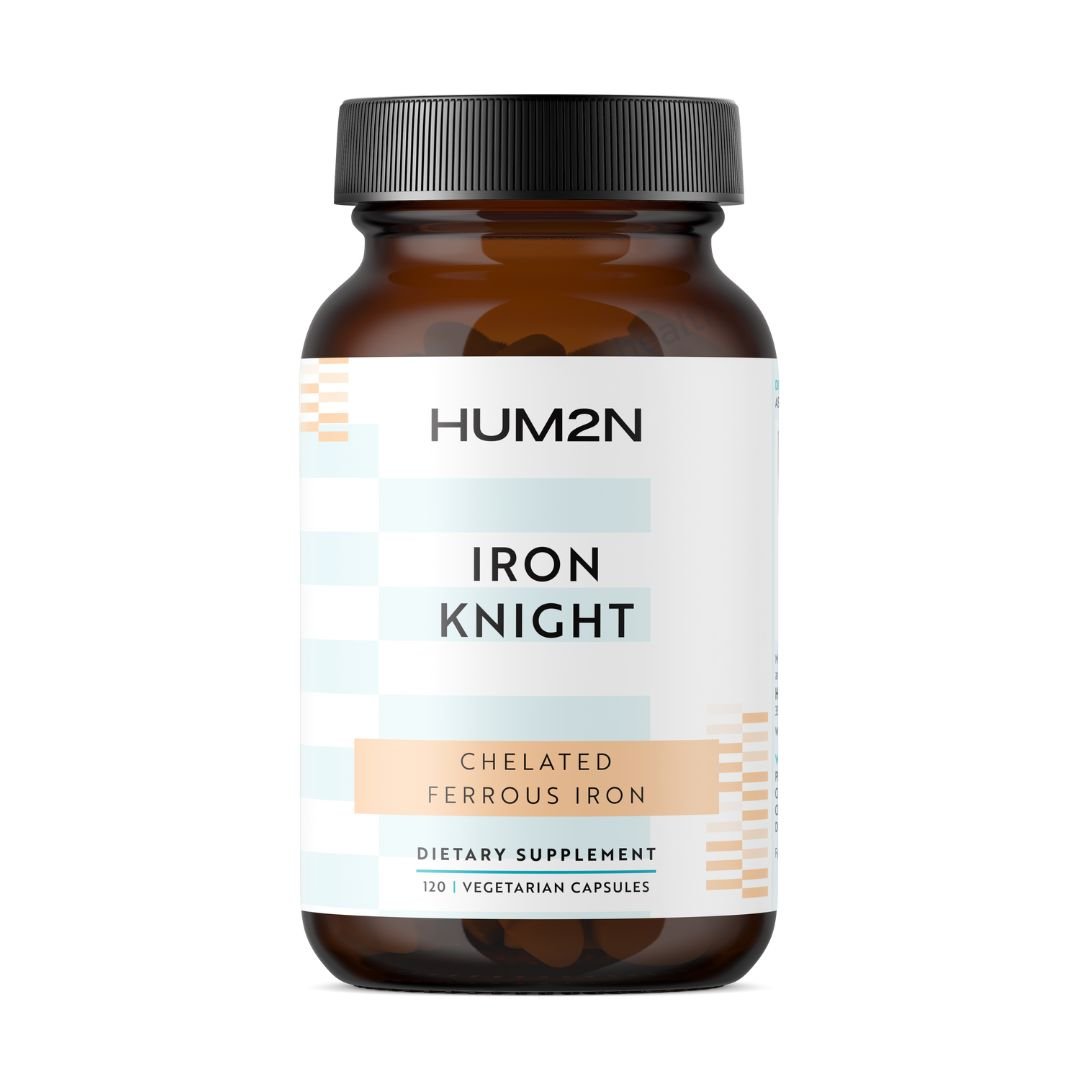As the night’s start to draw in and the weather gets a bit colder, there’s never been a better time to boost your immunity.
The human immune system is a sophisticated and effective defence system, which protects the body from disease-causing pathogens, such as viruses and bacteria1. The winter months are an especially busy time for our immune system; respiratory infections for example are most common in the colder months, putting our healthcare under pressure, even pre-covid2. The past 18 months have been a stark reminder of just how important a well-functioning immune system is. So with the colder months quickly approaching, can we take a proactive approach?
If you find yourself asking whether there any interventions or boosters that are known to supercharge your immunity? Look no further. In this article, we will explore nutrition and lifestyle in the context of immunity and discuss how you can take health into your own hands.
What Is Immunity & How Does It Work?
Your immune system defends your body from invaders and to be able to do so, it must first recognise them. Invaders have molecules called antigens on their surface, which act as unique identifiers that enable your immune system to distinguish them and elicit a response. It does so in two ways - the innate and adaptive responses1,3:
- The innate immune response is a rapid reaction; once pathogens are recognised, signalling molecules are released initiating inflammation. Innate immune cells are able to engulf and kill pathogens rapidly, whilst also sending signals to activate the slower adaptive system.
- The adaptive immune response is slower, but it is more targeted. There are two main cell types involved in this response, which are T cells and B cells. T cells attack and kill pathogens whilst also controlling the adaptive response. In the meantime, B cells make antibodies, which are molecules that attach to pathogens, labelling them as a threat. This labelling makes it easier for other immune cells to recognise these pathogens and destroy them. When your body first encounters a pathogen, it takes time for your cells to recognise the antigens on the surface of pathogens. Once exposed to the pathogen, your immune system develops a “memory” and upon subsequent encounters, are able to respond much quicker.
The descriptions above are simplified because your body’s immune system is far from simple. It relies on numerous pathways, reactions and resources such as vitamins and minerals to function correctly and in most cases, it acts as a very well oiled machine. Our bodies are truly extraordinary. However, lifestyle factors such as nutritional deficiencies can result in impaired immune responses. Zinc deficiency can lead to a decline in the immune cells that engulf and kill pathogens. Vitamins A and D play an important role in the regulation of our immune system. Or to put it simply – when we are deficient, we make good targets for invaders.
On the other hand, faults in your immune system may also lead to autoimmune disease, which is where the system overreacts against the body’s own cells and tissues, like in celiac disease and rheumatoid arthritis. Hypersensitivity may also occur where your body reacts to unharmful substances eliciting a dangerous response like anaphylactic shock in food allergy3. So whilst many of our nutritional priorities are often focus on weight, our diet has a crucial role in the functioning of our immune system, and thus – overall health.
Supplements To Supercharge Your Immunity This Winter
Vitamin D
Vitamin D is a super supplement which can be synthesised in the body with the help of sunshine. Although it is not an essential nutrient for people with enough sun exposure, in the colder months, several age groups in the UK were found to have low Vitamin D, indicating a risk of deficiency. A meta-analysis of 25 scientific studies has demonstrated that supplementation with Vitamin D (D2 and D3) prevented respiratory tract infection, whilst a 2017 scientific review concluded that “vitamin D deficiency, owing to low dietary intake or low sunlight exposure, is an environmental risk factor for autoimmune and infectious diseases” [ Vitamin D deficiency has been found to be associated with the severity of COVID-19 in a 2020 meta-analysis whilst a 2021 meta-analysis found low blood vitamin levels to be with the risk of the infection. Vitamin D can be acquired nutritionally (D2 form is found in fish and yeast, whereas D3 is found in animal foods) with high-quality supplements also available on the market.
Zinc
Many immunity processes in our bodies are zinc‐dependent, meaning that our immune systems are especially susceptible to zinc deficiency. Meta‐analyses have already confirmed that zinc supplementation can reduce the duration of the common cold. It has also been shown to be an effective preventative measure. Good sources of zinc are meat, shellfish and dairy foods, as well as cereal products such as wheat germ. High-quality supplements such as the Guardian supplement provides chelated zinc for optimal absorption. The supplement is available at HUM2N as part of the Body Armour Stack.

Vitamin C
Vitamin C contributes to immune defence by supporting the innate and adaptive immune system. Vitamin C supports cellular barrier protection against pathogens and accumulates in immune cells to enhance microbial killing through a number of cellular pathways. According to a 2017 scientific review, “supplementation with vitamin C appears to be able to both prevent and treat respiratory and systemic infections” whilst high doses are used to treat established infections. At HUM2N, we recommend Armour Capsules, which is a powerful Vitamin C and bioflavonoid complex available as part of the Immunity Stack.

Mushroom Extracts
“Mushrooms and/or their extracts have been advocated as potential immune modulators, including for immunotherapy, treatment of cancer and immune regulation in autoimmunity”. Mushrooms have been used for medicinal purposes since prehistoric times, with modern research only now discovering their potential benefits; for example, mushroom glucans (main carbohydrates found in mushrooms) have been shown to have immunomodulatory effects in human and murine studies. Defender Max contains a comprehensive array of herbs, mushrooms, and natural compounds known to support normal immune function, such as natural killer (NK) cell activity, cytokine synthesis, and the T-cell and B-cell mediated responses.

Whilst supplementation can be very beneficial, if the supplements taken or prescribed are not personalised, consuming the wrong dosage or the wrong types of supplements for your individual body could cause more harm than good.At HUM2N, we believe that the key to good health is embracing your individuality and doing things the right way. For this reason, we offer a personalised nutritionist consultation and a food & lifestyle plan as part of your HUM2N journey.Let us support you on your journey to achieve SUPERHUM2N status. It’s time to do it your way.
REFERENCES
[1] Thompson, A.E. 2015. The Immune System. JAMA. 313(16), pp.1686-1686.
[2] Audi, A., AlIbrahim, M., Kaddoura, M., Hijazi, G., Yassine, H.M. and Zaraket, H. 2020. Seasonality of Respiratory Viral Infections: Will COVID-19 Follow Suit? 8(576).
[3] Delves, Peter J.; Martin, Seamus J.; Burton, Dennis R.; Roitt, Ivan M. (2011). Roitt's Essential Immunology. Hoboken, NJ: Wiley-Blackwell.








